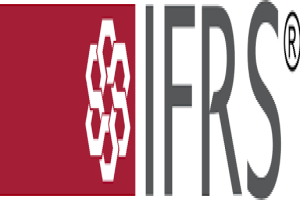Description
Date
1st Batch: 3rd – 5th Feb, 2025
2nd Batch: 28th – 30th Apr, 2025
3rd Batch: 17th – 19th July, 2025
4th Batch: 2nd – 4th Oct, 2025
Event Details
- Apply the principles of IAS 12
- Recognize and measure deferred tax assets and liabilities
- Understand the practicalities involved in accounting for income taxes
- Learn the methods that may be applied in accounting for complex tax situations
- Identify and account for uncertain tax positions under IFRIC 23
- Comply with presentation and disclosure requirements
CONTENT
General principles
- Scope and objectives
- Definitions – deferred tax, temporary differences, tax base
Current tax
- Current tax assets and liabilities; recognition and measurement
- Recognition in profit or loss, other comprehensive income or equity
Deferred tax
- General principles
- Tax bases of assets, liabilities and deferred revenue
- Treatment of taxable and deductible temporary differences
- Exceptions to the recognition rules
- Recognition of deferred tax liabilities
- Recognition of deferred tax assets
- Sources of deductible temporary differences
- Unused tax losses and tax credits and availability of future profits
- Assessment of recoverability
Measurement
- Enacted and substantively enacted tax rates
- Reflecting different methods of recovery
- Presentation and disclosure in the financial statements
Special applications
- Tax credits
- Leases
- Provisions and employee benefits
- Share-based payments
- Revaluations
- Investment properties
- Intangible assets
- Financial instruments
- Investments in subsidiaries, associated and joint ventures
Treatment in consolidated financial statements
- Business combinations
- Purchased goodwill
- Unrecognized tax losses
- Intra-group transactions
- Issues arising on first-time adoption of IFRSs
- Treatment in interim financial reports
TRAINING METHODOLOGY
The training methodology combines lectures, discussions, group exercises and illustrations. Participants will gain both theoretical and practical knowledge of the topics. The emphasis is on the practical application of the topics and as a result participant will go back to the workplace with both the ability and the confidence to apply the techniques learned to their duties.





